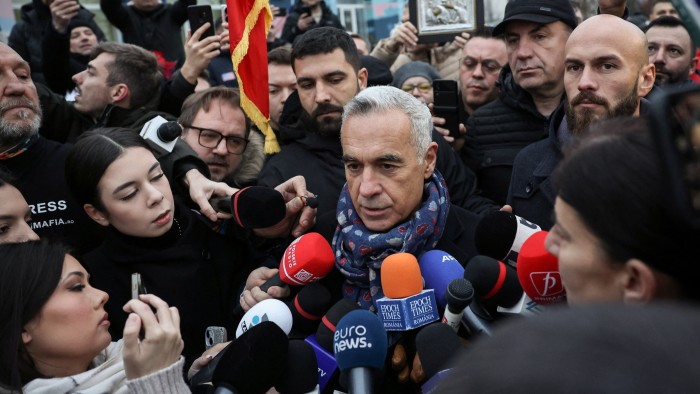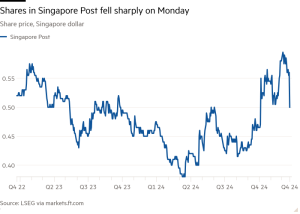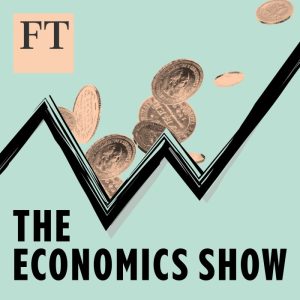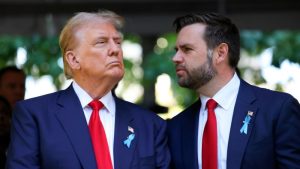Romania’s cancelled presidential election

Unlock the Editor’s Digest for free
Roula Khalaf, Editor of the FT, selects her favourite stories in this weekly newsletter.
Even in a week of startling developments around the globe, Romania’s decision to cancel its deciding presidential vote just two days before it was due was eye-catching. The controversial step followed allegations that Russia used TikTok to support the far-right Călin Georgescu, who came from the fringes to win the first-round vote — a result the court also annulled. Information around the pro-Georgescu campaign is still coming to light. Yet while the constitutional court’s decision has been criticised by some as anti-democratic, it could not easily discount reports by Romanian authorities of activities that bore alarming similarities to Russian influence campaigns in neighbouring Moldova and elsewhere.
Georgescu’s first-round victory was itself extraordinary. Not widely known outside political circles, he went from polling in single digits for most of the campaign to taking 23 per cent of the vote. His elevation to president, who oversees the military and foreign relations, would have worrying implications for Romania and its allies.
The 62-year-old soil scientist has voiced support for past Romanian fascist leaders, and criticised the country’s commitments to the EU and Nato — including a military base that hosts a US ballistic missile defence system. He has praised Vladimir Putin as a “patriot” who “loves his country”, and hinted that Romanian aid for Ukraine should cease.
Both Moscow and Georgescu have denied any links between them; the candidate says his only relationship is “with the Romanian people and with God”. His late surge may partly be explained by inheriting support from another far-right candidate disqualified by the court for irregularities. His populist messages in a slick social media campaign — on which Georgescu declared he had spent no money — also clearly resonated with large sections of Romanian society disenchanted with mainstream left and right parties that have swapped power between them since communism fell.
But interior ministry and intelligence reports declassified last week detailed what was described as a co-ordinated Russian campaign to benefit Georgescu, including “cyber attacks, information leaks and sabotage”. His messaging on TikTok and other social media platforms was allegedly amplified by a network of more than 100 paid influencers with some 8mn followers. About 25,000 TikTok accounts “became very active two weeks prior to the election”; 800 had been largely dormant since first created in 2016. TikTok has denied wrongdoing.
That Romania’s top court had to intervene is unfortunate. Yet apparent earlier failures by electoral, legal and media watchdogs to prevent what was going on left the authorities with few good choices. Annulling the vote has brought accusations from some Romanians, and Moscow, that the political establishment has deliberately blocked a radical candidate it didn’t like. While Romanians will have a chance to cast their votes in a rerun next year, there is a risk an extreme populist will now attract an even higher protest vote. By acting as it did, however, the constitutional court upheld the rule of law surrounding the electoral process.
Romania’s experiences should sound alarms elsewhere in Europe. Radical parties are already adept at fanning voters’ grievances with traditional centrist groups over issues from immigration to living costs. But Romania and Moldova are just the latest countries where social media has allegedly proven ripe for exploitation by external actors seeking to tip the scales in favour of preferred candidates. The platforms need to tighten moderation of political content, as EU law requires. Old rules on party financing and advertising need urgently updating to cope with the new reality — or courts elsewhere could soon face similar dilemmas to Romania’s.
#Romanias #cancelled #presidential #election




